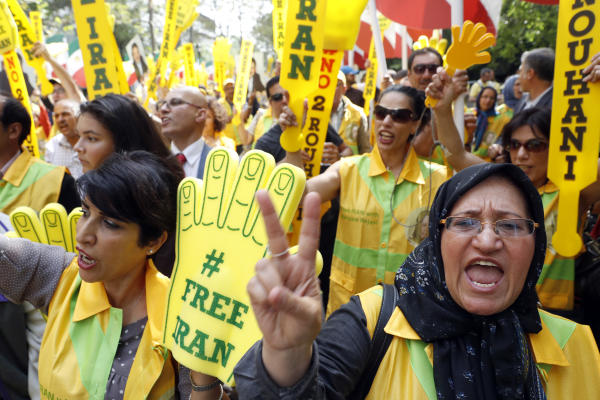A human rights group urged the Iranian judiciary on Tuesday to repeal a death sentence against a 22-year-old woman accused of murdering her husband, who she said had repeatedly abused her.
Zeinab Sekaanvand was arrested in February 2012 and convicted of her husband’s murder after what London-based Amnesty International called a “grossly unfair trial”. She faces execution by hanging as soon as Oct. 13.
Sekaanvand was just 17 when she allegedly committed the crime, making her a minor by international legal standards. She said she had been physically abused by her husband.
“This is an extremely disturbing case,” said Philip Luther, research and advocacy director for the Middle East and North Africa at Amnesty International.
“Not only was Zeinab Sekaanvand under 18 years of age at the time of the crime, she was also denied access to a lawyer and says she was tortured after her arrest by male police officers through beatings all over her body.”
Last year, a similar case drew condemnation from rights groups when Iran executed Fatemeh Salbehi, who had suffocated her husband after drugging him when she was only 17. Like Sekaanvand, Salbehi said her husband had abused her.
In the past decade, Iran has executed at least 73 juvenile offenders, according to the January Amnesty report.
Under Iranian law, adulthood is legally determined by puberty, which is defined as age 15 for boys and nine for girls. In recent years, the judiciary has generally held off on executing minors until after they turn 18.
